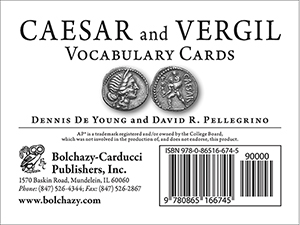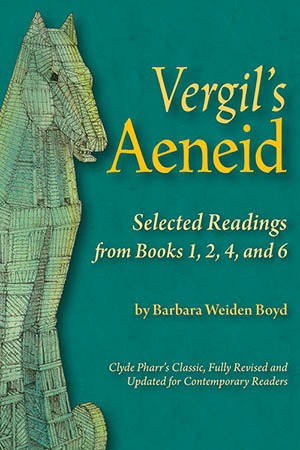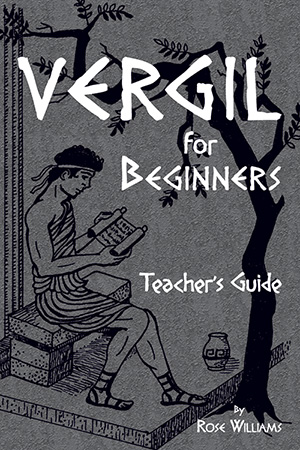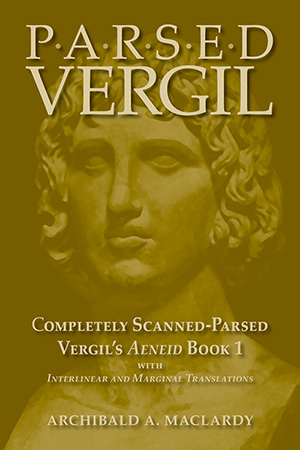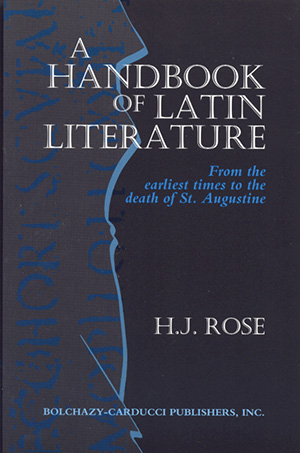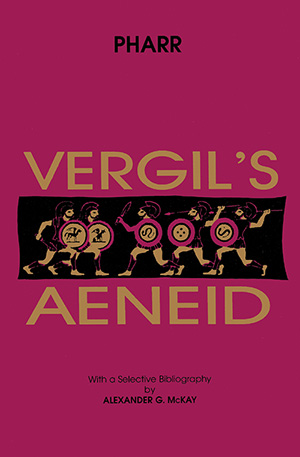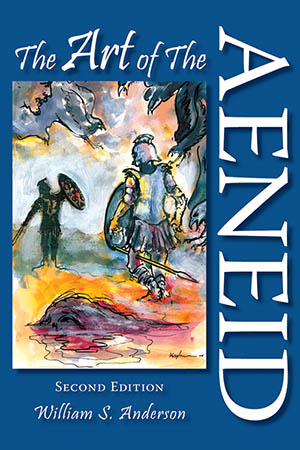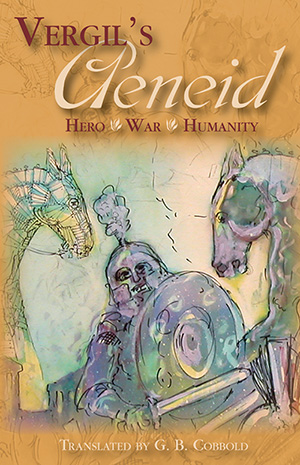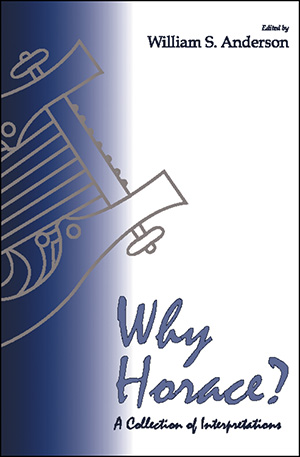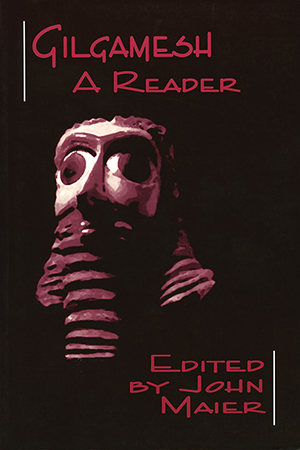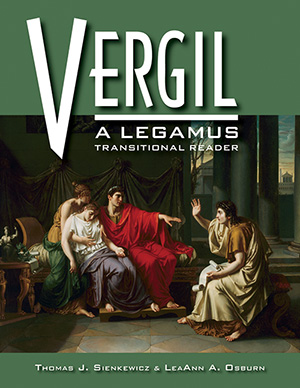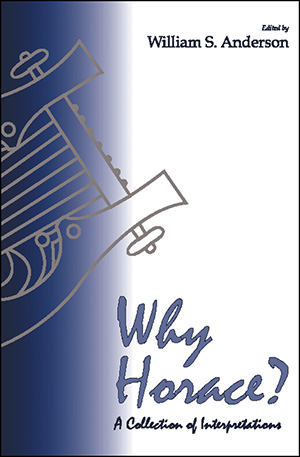We lack automatic and simple answers to the question "Why Vergil?" — or many similar questions for that matter: why literature, why art, especially why old literature — and at that — why literature in an old language? Yet even after 2,000 years, the voice of Vergil still resonates with the universal human cry.
—From the Introduction
Vergil's gift to our times, as to others, is to teach us a way to see a world in turmoil, to hold many visions of it simultaneously, excruciatingly, all in absolute conflict with each other, and all of them true. . . . Vergil created for us something that perhaps had not existed in quite this way before: the imaginative possibility of moral choices located between tragic recognition and idealized hope. . . . Vergil's popularity in this century and this country may mean that more citizens now share Vergil's artful knowledge. The knowledge is a glimmer, a warning: be prepared, like Aeneas, to believe in something, to act for it, in action to compromise your ideal of it and then, and this is the hard part, to survive with grieving memory to act in hope again, with no promise of success and no choice but to go on.
—From the Conclusion



